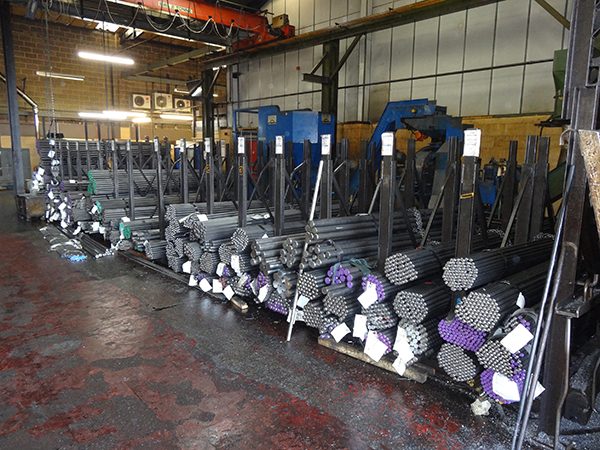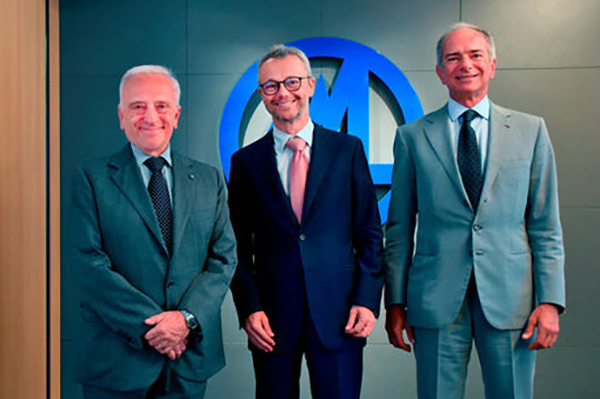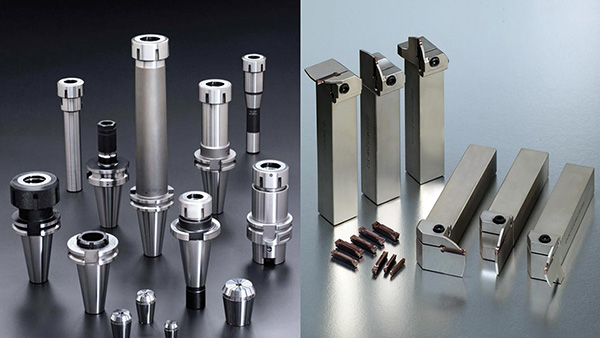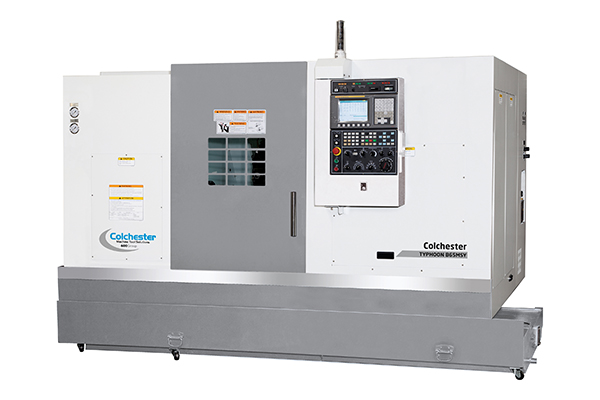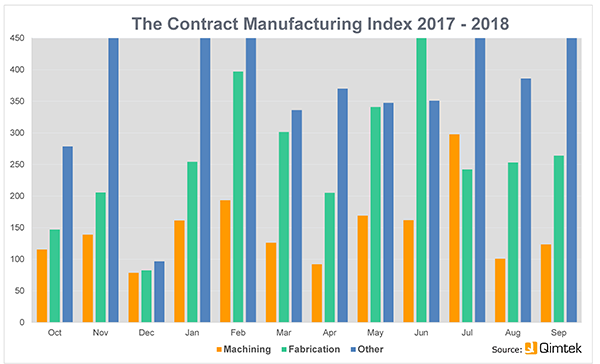Reading-based machining subcontractor Rodmatic has invested in a new production control system from PSL Datatrack to provide more effective management of its business, particularly with regard to production processes and customer service.

“We wanted a solution from a supplier that could understand the needs of a subcontract engineering business,” says Martin Wilson, general manager at Rodmatic. “As a BTMA Technical Member, we knew that PSL Datatrack had expertise and a good track record in our sector.”
For further information www.psldatatrack.com






